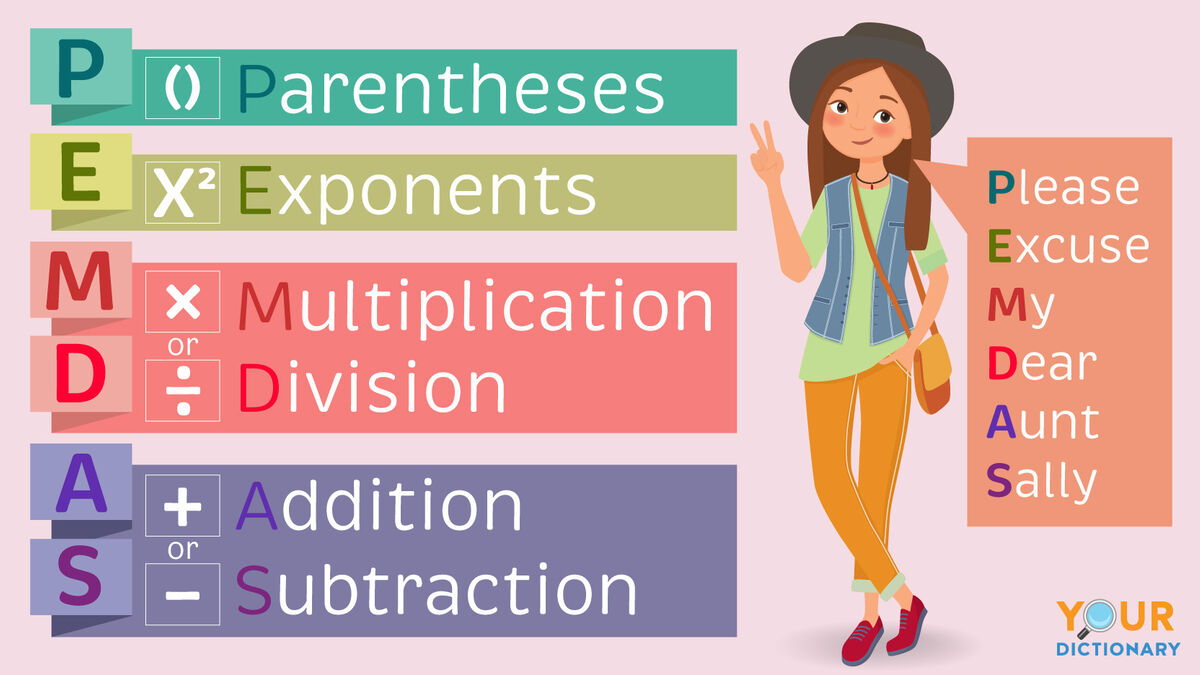Aunt Sally: Traditional British Pub Game and Slang Meaning Explained

In the heart of English countryside culture, aunt sally is more than a nostalgic phrase—it’s a living tradition, a symbolic idiom, and even a surprising tool for education. Originating as a centuries-old pub game, the term has travelled across contexts, gaining new meanings in language, school classrooms, and modern branding. Few expressions in the English language span such a diverse range of cultural references.
Whether you’re stepping into a pub garden in Oxfordshire, flicking through a political debate, or helping a child understand maths equations, aunt sally is likely to make an appearance. Its versatility is what makes it fascinating. From being the centre of a boisterous game to representing a rhetorical target in arguments, aunt sally remains deeply rooted in British life and language.
Aunt Sally: The Traditional British Pub Game
The most iconic use of aunt sally is as a traditional English pub game. Thought to have originated in Oxfordshire in the 17th century, the game involves players throwing wooden batons at a target known as the “dolly”, which sits on top of a post. In earlier days, the dolly was often a carved wooden head of an old woman—hence the curious name. The goal is simple: knock the dolly off without hitting the supporting post.
Still widely played today, especially across southern England, aunt sally has become more than a pastime—it’s a social ritual. Local pubs host weekly leagues where teams compete in a friendly but competitive spirit. The sound of batons thudding against wood, cheers from nearby benches, and pints in hand create an atmosphere that embodies the best of British pub culture. It’s a game of precision, community, and heritage that shows no sign of disappearing.
From Pub Gardens to Public Debate: Aunt Sally as a Slang Term
In everyday British language, aunt sally has taken on a new life. It’s now widely used as an idiom to describe a person or concept that is deliberately set up to be criticised. Much like the wooden figure in the game, an aunt sally in a political or social context is someone who becomes the convenient target of attacks, whether justified or not. The phrase is common in media analysis and political commentary.
This figurative usage adds a layer of complexity to the term. Politicians may accuse each other of creating aunt sally arguments—easily dismissed strawman versions of the opposing side’s viewpoint. It’s a vivid expression that encapsulates the idea of mockery, scapegoating, or distraction. The power of the term lies in its visual origin and emotional charge, which allow it to resonate clearly in public discourse.
Please Excuse My Dear Aunt Sally: Maths Mnemonic with a Twist

Interestingly, aunt sally has also found her way into the world of mathematics, albeit in a more helpful role. The mnemonic phrase “Please Excuse My Dear Aunt Sally” is used in schools to help students remember the order of operations: Parentheses, Exponents, Multiplication, Division, Addition, and Subtraction. In UK classrooms, this method is often referred to as BODMAS, but the aunt sally version is still widely recognised and used.
The charm of this phrase is that it makes complex rules easier to remember for young learners. By associating dry mathematical operations with a warm and slightly quirky phrase, teachers create a memorable anchor for their lessons. In this context, aunt sally is no longer a target but a guide—proof of the term’s adaptability and enduring presence across generations and disciplines.
Sweet Treats and Nostalgia: Aunt Sally in Branding
Beyond games and grammar, the name aunt sally has also made its way into the world of branding, especially in the food and confectionery industries. Take Aunt Sally’s Pralines, for instance—a beloved sweet shop brand from New Orleans that has made its way into international markets. Although not originally British, the use of the name evokes a sense of nostalgia, trust, and home-made goodness.
You’ll also find products like Aunt Sally cookies, key lime pies, and even Aunt Sally sauce across global shelves. Brands love using this name because it suggests a familial, down-to-earth charm—an image of a caring aunt who always has a fresh tray of biscuits ready. While these products may have little to do with the original pub game, they reflect the cultural strength of the name itself, which continues to spark warmth and familiarity.
Aunt Sally on Screen and in Pop Culture
Pop culture hasn’t ignored aunt sally either. One of the most notable appearances is the character Aunt Sally in the classic British television series Worzel Gummidge. Played by Una Stubbs, the character was a life-sized fairground doll brought to life—self-centred, glamorous, and often the object of Worzel’s affection. She became a national icon, loved by viewers of all ages.
In recent years, aunt sally has also appeared in craft beer branding, like Lagunitas Aunt Sally, a sour ale with a bold character. Music, literature, and even memes have found ways to reinterpret the name for modern audiences. The adaptability of aunt sally ensures that she never stays still for long—morphing from wood and pub benches to screens, sweets, and schools with remarkable ease.
The Evolution and Endurance of Aunt Sally
The beauty of aunt sally lies in its layered meanings. Few cultural references can claim to represent leisure, criticism, education, and branding all at once. Whether you’re throwing batons in a sunny beer garden or decoding a political op-ed, chances are you’ll stumble upon this term. And when you do, it will likely make you smile, reflect, or both.
What makes aunt sally so enduring is its ability to connect people across generations and contexts. It offers a sense of continuity in a fast-changing world. As both a relic of English tradition and a living piece of language, aunt sally remains rooted in the past while still relevant in the present.
Bullet-Speed Summary
- Aunt Sally is a traditional British pub game involving throwing sticks at a wooden target called a dolly.
- In slang, aunt sally refers to a person or idea that’s an easy target for criticism or mockery.
- The phrase “Please Excuse My Dear Aunt Sally” is a common mnemonic for the order of operations in maths.
- Aunt Sally features in nostalgic branding, especially in food products like pralines, cookies, and sauces.
- Pop culture highlights include her character in Worzel Gummidge and beer branding like Lagunitas Aunt Sally.
- The term continues to evolve, holding cultural, linguistic, and emotional significance across the UK and beyond.
You may also read: UK Games Expo 2026: Dates, Tickets, and What’s New at the UK’s Biggest Board Game Convention



